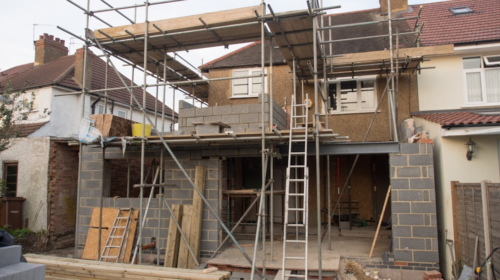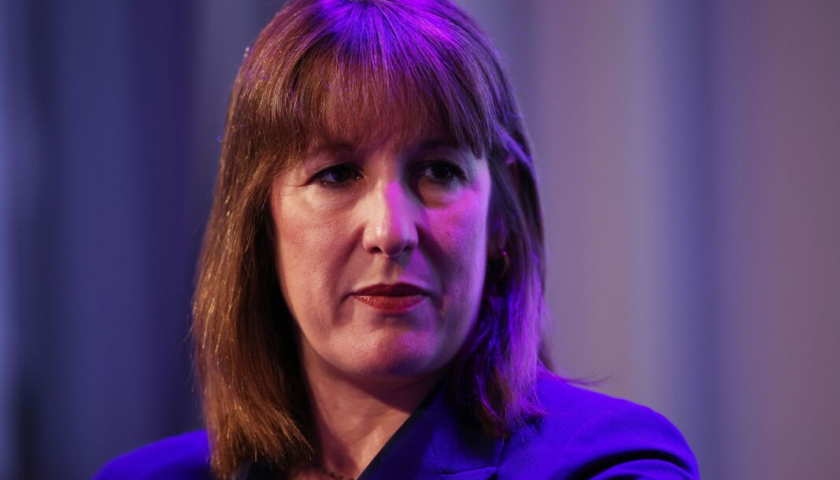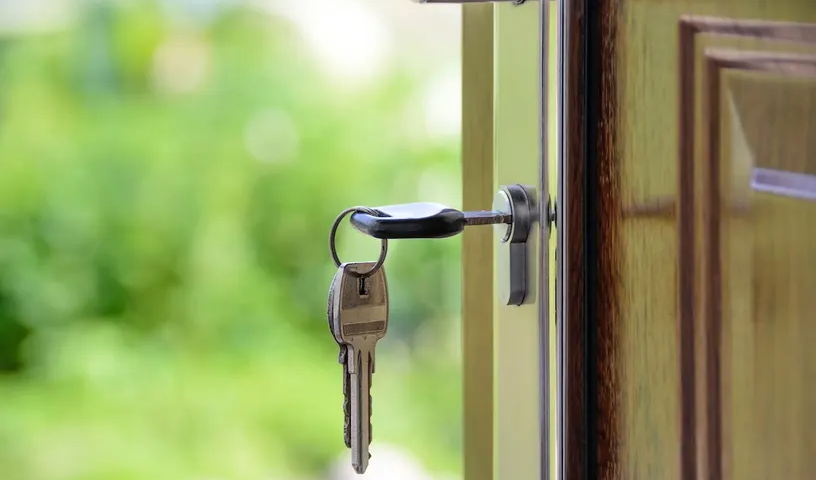Landlords choosing to purchase a new-build property as an investment can help to improve the standard of homes in the private rental sector (PRS), brokers have suggested.
Mortgage Solutions spoke to brokers to ask if there was a trend of landlords going for newly built properties as a way of fast-tracking the requirement to improve energy efficiency in the rental market.
Fewer maintenance costs
Noord Romjon, director of New Homes Mortgage Broker, said he was seeing more of this, “largely due to the evolving Energy Performance Certificate (EPC) requirements”.
Last year, the Labour Party proposed it would introduce a deadline of 2030 for landlords to raise the EPC of rental homes to at least a C.
Romjon said new builds, which are typically B-rated, were an “attractive option as they eliminate the need for costly refurbishments”.
Market Moves
Shafeen Daya, associate director of Alexander Hall, said new builds had always been desirable to landlords because of the reduced maintenance costs and assurance of the 10-year warranty.
“They also tend to have a better rental yield compared to older properties of similar style,” he added.
Daya said the government’s proposal for rental homes had “pushed some landlords into the new-build space, as they then avoid potential retrofit costs and can also benefit from lower rates on green mortgage products”.
Jennifer Nursiah, partner at Coreco Group, said she was not surprised that some landlords were buying new-build properties, as this would be the year that many would be “reassessing their portfolio”.
“The last set of tax returns that were produced were where landlords would have felt the biggest pinch,” Nursiah said.
She added: “What I am seeing – which is good news in my mind – is lots of new enquiries from people who have never been landlords before asking about limited company structures.”
Nursiah said this was coming from people who had more experience in property generally, with one being an estate agent and another who had “wealth behind them” and had already taken financial advice.
She added: “There are so many things that landlords have to navigate now, such as raising the EPC, it’s just going to eliminate that additional set of criteria that they’ve got to worry about.”
She said where costs and margins were already “stretched and strained”, landlords who were originally considering renovating homes might go for new builds instead.
Better housing standards
Romjon said this would be good for PRS tenants, as they would be getting a “new, modern, energy-efficient home with minimal maintenance requirements”.
Romjon continued: “So, it is a win-win situation for both and landlord and tenant. Landlords secure a high-quality, low-maintenance investment, while tenants enjoy lower energy bills and improved living standards.
“You sometimes see a premium for new build, but given the drive for energy-efficient homes, savings in energy bills and low maintenance meaning less hassle for the landlord, then I can only see new-build demand for investors increasing.”
Daya said landlords purchasing new-build properties would improve the quality of homes in the PRS, as the properties usually had better heating systems, improved insulation and lower running costs.
“It is also worth remembering that tenants in the PRS, the future first-time buyers, deserve a good standard of property to rent, and that includes new builds, so they can also benefit directly from better energy-efficient homes and lower utility costs,” Daya added.
Landlords competing with first-time buyers?
Although many developers target properties to first-time buyers and try to entice them with incentives and partnerships with housing schemes, the brokers said landlords buying new homes would not disadvantage prospective homeowners.
Romjon said he did not believe first-time buyers were greatly impacted by this activity and some developers were choosing to sell to landlords “due to the dip in demand and the need for a cash injection”.
Daya said residential first-time buyers still make up the majority of new-build purchases. According to Foxtons’ New Homes data for last year, 24% of new-build homes were sold to buy-to-let (BTL) investors, while first-time buyers snapped up 59% of properties.
Nursiah said consciously minded first-time buyers might be more likely to consider a new-build home because they were more energy efficient, but still went for second-hand homes, so landlords buying new-build properties would have minimal income. She said this could also be balanced by landlords disposing of properties, allowing first-time buyers to purchase those.
Contact one of our highly experienced mortgage advisors today on 0121 500 6316 to discuss your mortgage needs.



